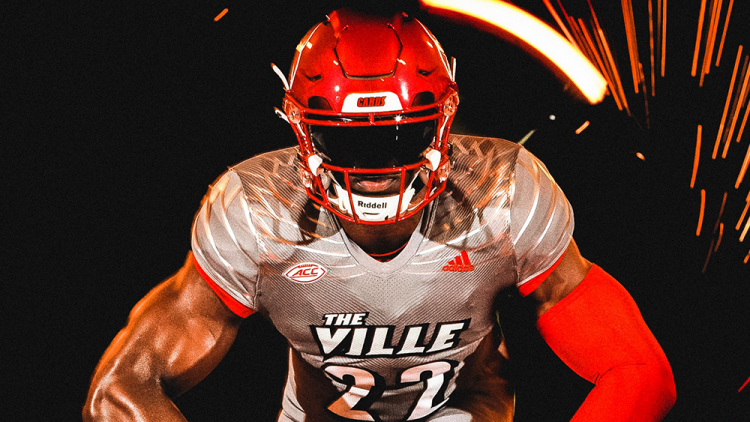The evolution of football Louisville Cardinals Jerseys has been a captivating journey, mirroring the transformation of the sport itself. From humble beginnings to becoming a canvas for artistry, these shirts have undergone significant changes in design, fabric technology, and branding.
Initially, football jerseys were simple, often made of cotton or wool, with basic designs and colors. Over time, advancements in textile manufacturing allowed for the use of synthetic materials like polyester, enhancing breathability and durability, and revolutionizing players’ comfort during intense matches. The shift from heavy, absorbent fabrics to lightweight, moisture-wicking materials transformed the functionality of these shirts, enabling athletes to perform at their peak.
One of the most fascinating aspects of football jerseys is their ability to reflect a team’s identity. Colors, patterns, and symbols incorporated into the design serve as a visual representation of a club’s heritage, culture, and values. Whether it’s the iconic red of Manchester United, the royal blue of Chelsea, or the iconic stripes of Barcelona, these colors evoke a sense of pride and belonging among fans worldwide.
Jersey sponsors have also played a pivotal role in the evolution of football shirts. What started as simple logos evolved into prominent branding partnerships, contributing significantly to clubs’ revenue streams. However, this commercialization has sparked debates among purists who believe that excessive branding dilutes the authenticity of the jersey.

More Stories
The Phenomenon of Fake Taxis: An Exploration of the Trend
라오스 여행: 숨겨진 보물 같은 매력을 찾아서
Understanding the Real Estate Market: Trends, Tips, and Future Prospects